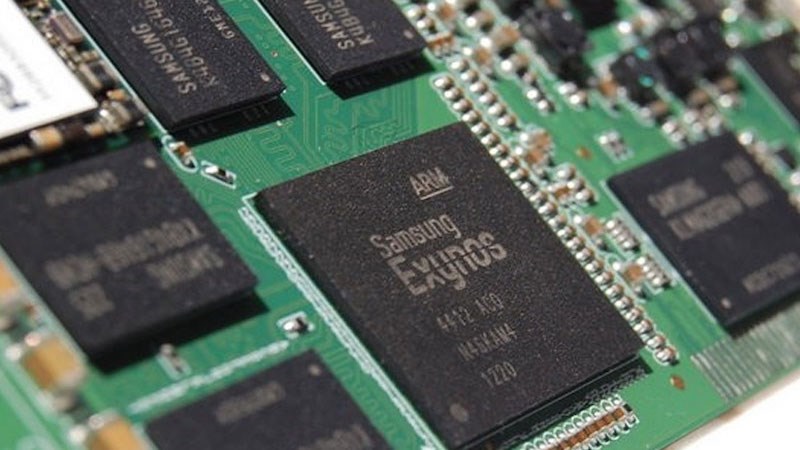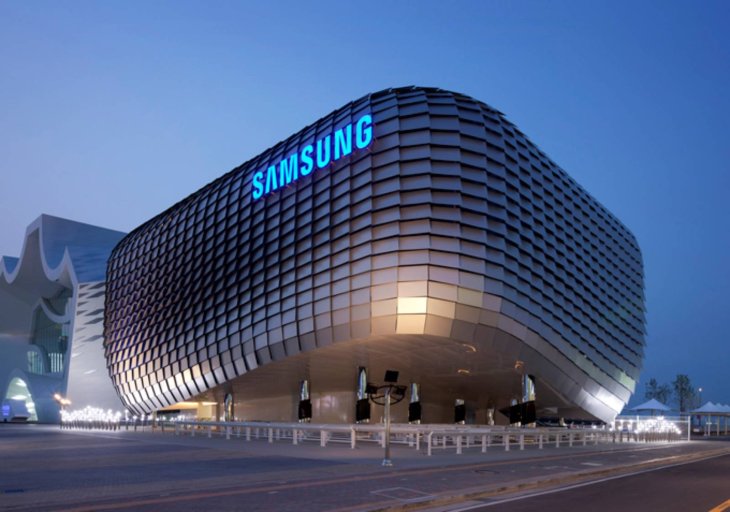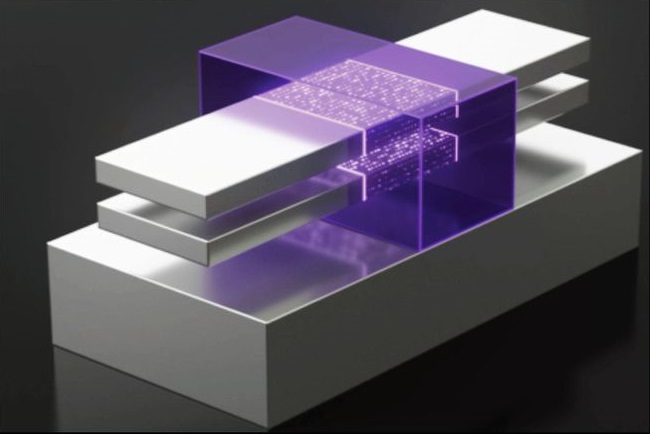Samsung New 3nm Chips Using Gate All Around Technology Will Be 35% Faster
Dhir Acharya - May 16, 2019

Samsung is reworking the most basic electronics elements which will push the speed performance by 35 percent and cut down power use by 50 percent.
- Anticipating the Samsung Galaxy S26 and S26+: Key Rumors and Specs
- Best Gaming Phones 2025: Top Devices for Mobile Gaming
- Samsung Odyssey 2025 Gaming Monitors Launch in India with Revolutionary Features
Within the next two years, we will witness a breakthrough in chip technology brought by Samsung. The company is essentially reworking the most basic electronics elements which will push the speed performance by 35 percent and cut down power use by 50 percent.
Named GAA (gate all around), the technology refashions the chips’ transistors to reduce its size while boosting its speed, according to Samsung’s Tuesday announcement at its Foundry Forum event. The chips, set to arrive in 2012, will be a huge step forward in the company’s competition with major players like Intel and Taiwan Semiconductor Manufacturing Corp. (TSMC), stirring up the industry after a few years with engineering challenges of extreme miniaturization.

Consulting company International Business Strategies’ chief executive Handel Jones commented that the strong materials research programs are bringing fruits to Samsung. He said that Samsung is currently 12 months ahead of TSMC in GAA while Intel is about two or three years behind it.
The technology will extend Moore’s Law-based progress, which helps ensure smarter phones, watches, homes, and cars. Previously, the steady improvements projected by Moore’s Law faltered, and the high prices for the fastest processors have tarnished the progress. However, in the next few years, we can look forward to smarter AI, better graphics, as well as other improvements in computing.
VP of marketing at the foundry business Ryan Lee said during the event:

So what is a GAA transistor?
Over the past decades, the building blocks to make a processor has always been the transistor, and the key to improve chips has always been shrinking the transistor. We can switch on or switch off a transistor to enable or disable the electrical current; this is how we control the way chips process data and make decisions.
There is a structure in transistors called a gate controlling if current flows across a channel. Initially, chip makers placed the gate on top of the channel, but then they raised the channel into fins and draped a gate across. Now, taking a step further, we have gate all around, where the channel is wrapped completely using gate material – a 3D structure more complicated to make than the previous flat design.

For some, the GAA transistor in the future will be nanowires, aka tiny cylinders, but Samsung is nanosheets, which are flatter channels.
The company is likely to test its first 3nm chips in 2020, aimed for smartphones and mobile devices, expecting to put it in mass production in 2021. Lee said that they expect to mass produce further refined chips to deliver higher performances, graphics chips, for example.
TSMC and Intel didn’t make any immediate comments on this story.
3nm and beyond
The processor progress included several dimensions, with the key lying in shrinking the electronic circuitry elements. Currently, chips made by Samsung use 7nm designs, 7 billionths of a meter. If you can’t imagine how small that is, think of DNA, which is 2nm across. The Korean giant is refining its 7nm process with 4nm, 5nm, and 6nm variants, but Samsung can reduce the size of the circuitry to as tiny as 3nm with GAA technology.

Wait, there’s more.
Lee forecast that GAA may even result in 2nm manufacturing. Then the size can further decrease to 1nm, and even smaller, he said that he was sure new technologies will thrive beyond 1nm.
While there’s a little much confidence in this statement, we can’t deny that chipmakers have been working around challenges in miniaturization for years. Eventually, we may have to move from nanometers to picometers, trillionths of a meter like we used to move from micrometers to nanometers.
Samsung is developing prototypes for 5nm chips now, expecting a release next year. Plus, it already released early production tools so customers can also start designing and adapting for 3nm chips.
3nm with a higher price
After years of making chips, in 2017, Samsung made its Foundry division a separate business focusing on chip-making to attract customers.
Consequently, other players rely on Samsung’s ability as well as consumers buy their products, like Qualcomm, that uses Samsung’s technology to make its Snapdragon 730 and 730G chips for smartphones.
In the future of the chip industry, with the help of next-generation techs, we will see smaller and smarter chips without consuming more power, which is still hard to achieve today. But the price will inevitably be high, it may or may not be a deal breaker.
Lee shared that the upcoming 5nm chips will cost more than 7nm chips, and 3nm chips will go “a little” higher, but the price will gradually go down.
Featured Stories

ICT News - Feb 18, 2026
Google's Project Toscana: Elevating Pixel Face Unlock to Rival Apple's Face ID

Mobile - Feb 16, 2026
Xiaomi Launches Affordable Tracker to Compete with Apple's AirTag

ICT News - Feb 15, 2026
X Platform Poised to Introduce In-App Crypto and Stock Trading Soon

ICT News - Feb 13, 2026
Elon Musk Pivots: SpaceX Prioritizes Lunar Metropolis Over Martian Colony

ICT News - Feb 10, 2026
Discord's Teen Safety Sham: Why This Data Leak Magnet Isn't Worth Your Trust...

ICT News - Feb 09, 2026
PS6 Rumors: Game-Changing Specs Poised to Transform Console Play

ICT News - Feb 08, 2026
Is Elon Musk on the Path to Becoming the World's First Trillionaire?

ICT News - Feb 07, 2026
NVIDIA's Gaming GPU Drought: No New Releases in 2026 as AI Takes Priority

ICT News - Feb 06, 2026
Elon Musk Clarifies: No Starlink Phone in Development at SpaceX

ICT News - Feb 03, 2026
Elon Musk's SpaceX Acquires xAI in Landmark $1.25 Trillion Merger
Read more

Mobile- Feb 16, 2026
Xiaomi Launches Affordable Tracker to Compete with Apple's AirTag
For users tired of ecosystem lock-in or high prices, the Xiaomi Tag represents a compelling, no-frills option that delivers core functionality at a fraction of the cost.

Mobile- Feb 17, 2026
Anticipating the Samsung Galaxy S26 and S26+: Key Rumors and Specs
The Samsung Galaxy S26 series is on the horizon, sparking excitement among tech enthusiasts.

ICT News- Feb 15, 2026
X Platform Poised to Introduce In-App Crypto and Stock Trading Soon
X has been laying the groundwork for this expansion.

ICT News- Feb 18, 2026
Google's Project Toscana: Elevating Pixel Face Unlock to Rival Apple's Face ID
As the smartphone landscape evolves, Google's push toward superior face unlock technology underscores its ambition to close the gap with Apple in user security and convenience.
Comments
Sort by Newest | Popular